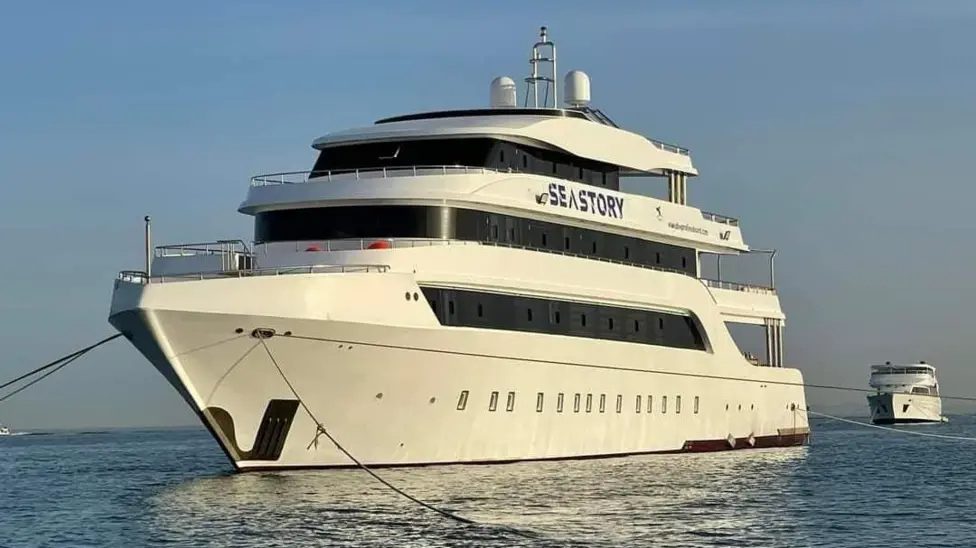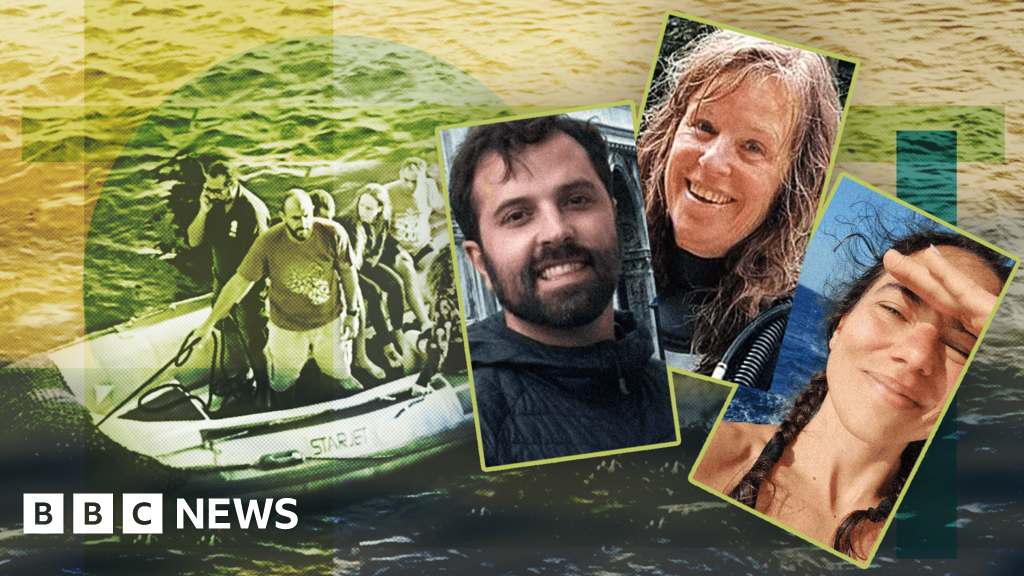
UK Issues Safety Warning After Three Fatal Dive Boat Accidents in Red Sea
The UK Marine Accident Investigation Branch (MAIB) has raised serious concerns about the safety of Egyptian dive boats operating in the Red Sea following a series of tragic accidents that...
 gcaptain.com
gcaptain.com




